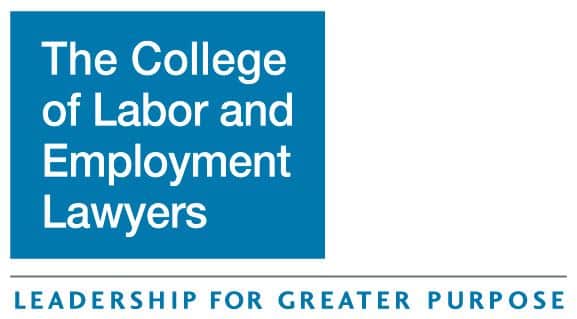In mid-September, 2011, a federal court in Missouri granted conditional class certification in a lawsuit brought on behalf of all delivery drivers who have been employed by Papa John’s Pizza in the past three years. The suit alleges that Papa John’s did not pay its delivery drivers in accordance with federal and state minimum wage laws.
In their lawsuit, these delivery drivers claim to have been paid $6.80 per hour, slightly more than $6.55 per hour, which was the federal minimum wage before mid-2009. However, they also claim to have driven about 15 miles per hour at a cost of 40 cents per mile (paying their own gas and other automobile-related expenses). Thus, when their expenses are subtracted from their hourly pay rate, their hourly rate drops to 80 cents an hour. And the additional $1.30 per delivery that Papa John’s paid their drivers only brought that hourly wage up to $4.55 per hour since the drivers only made three deliveries per hour, which was $2.25 less than the federal minimum wage at the time. (As noted elsewhere on this blog, Pizza Hut delivery drivers have sued for similar compensation schemes.)
The court conditionally certified this as a class action under the Fair Labor Standards Act, allowing the drivers to bring a single, collective action suit against Papa John’s instead of the drivers having to assert individual claims in many separate lawsuits. The court also required Papa John’s to provide notice about the lawsuit to its employees, and disclose the contact information it has for all delivery drivers it employed in the past three years. Current and former delivery drivers will be allowed a period of at least 60 days to join the lawsuit in order to make a claim for unpaid compensation.
While conditional certification is a substantial step forward for the delivery drivers, as the court explained, it does not guarantee that the lawsuit will ultimately be deemed meritorious or proceed to trial. Before any trial takes place, there will be an opportunity for the parties to conduct discovery in an effort to bolster their respective legal positions in the case. After that, upon request by Papa John’s, court will decide whether to reverse its conditional ruling by decertifying the class. Further, during the court’s second review of the certification issue, the drivers’ must more conclusively demonstrate that they are entitled to class status. At that stage in the lawsuit, Papa John’s will undoubtedly again raise many of the objections it raised to the drivers’ request for initial certification. For example, Papa John’s argued that its “tip-credit” policy, adopted in 2009, destroys at least part of the drivers’ legal case. (Under some circumstances, the law allows an employer to pay a rate below minimum wage to tipped employees, provided that their tips make up the difference between their low hourly wage and the minimum wage.) If the drivers’ class certification is ultimately upheld, they will have an improved chance of persuading Papa John’s to settle, or face a potentially large judgment against them.
If you are not being paid at least the minimum wage because your employer is under-compensating your expenses, or if you would just like to know more about your rights at work, you should contact a St. Louis Overtime Attorney.












